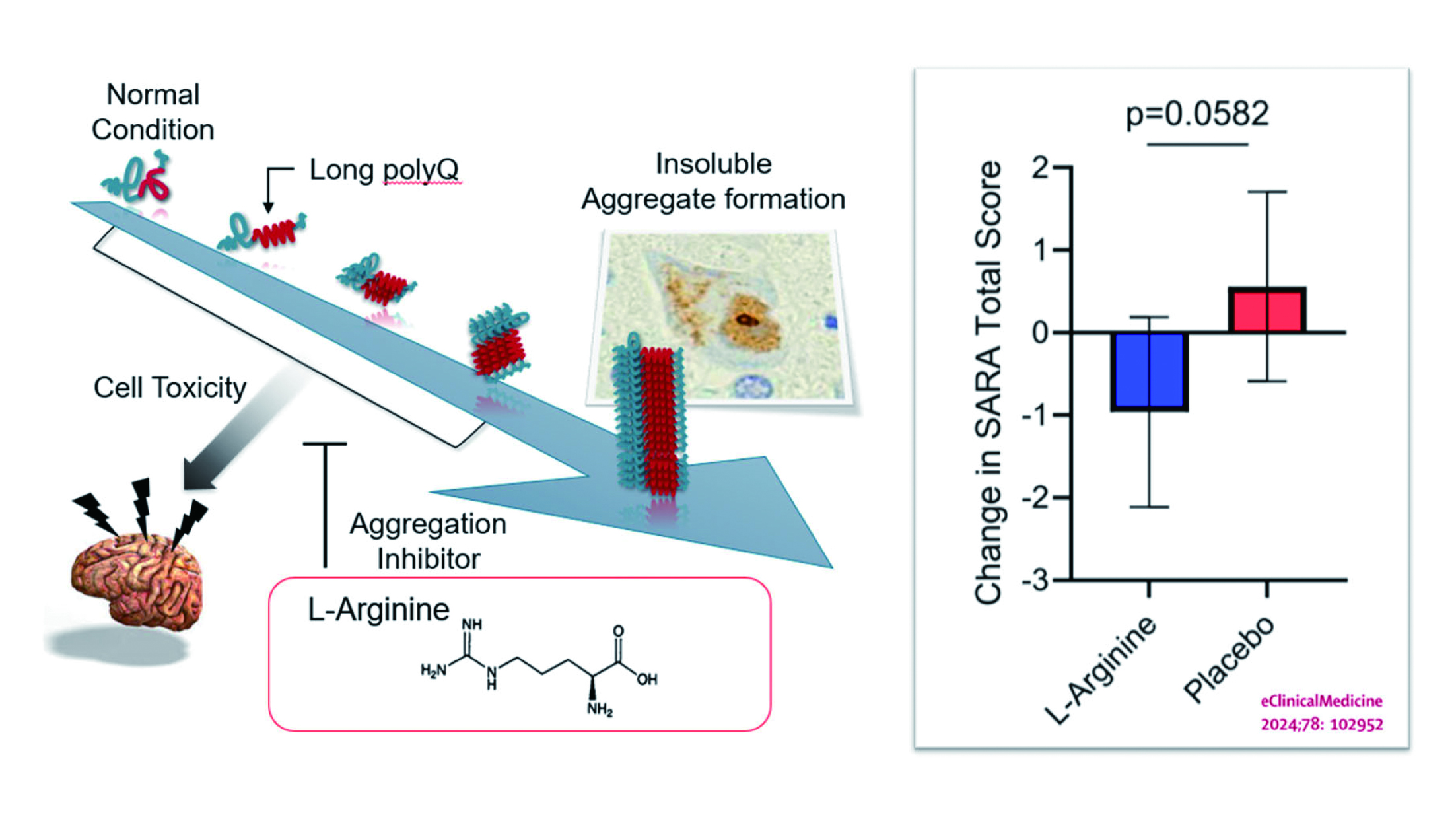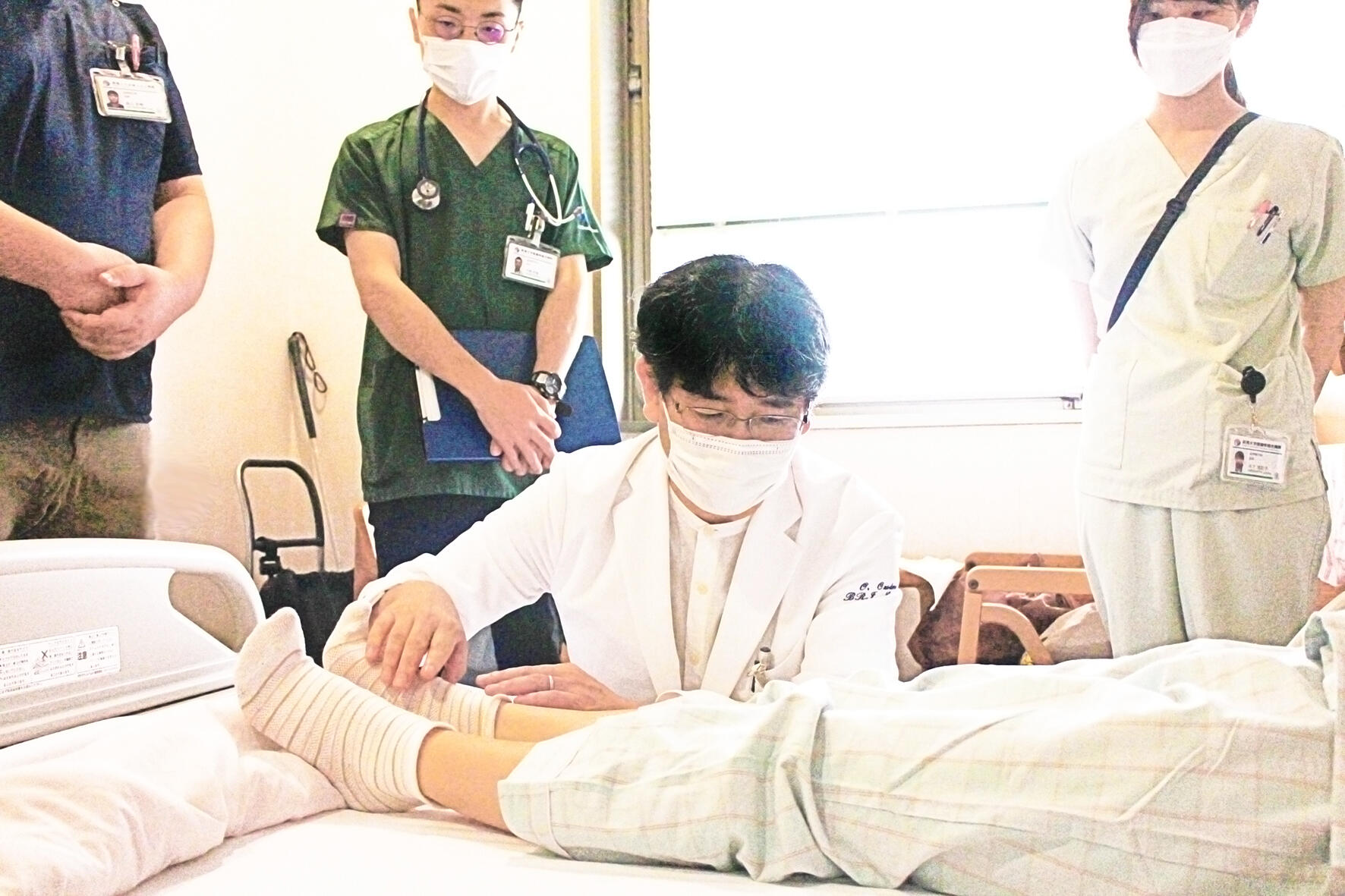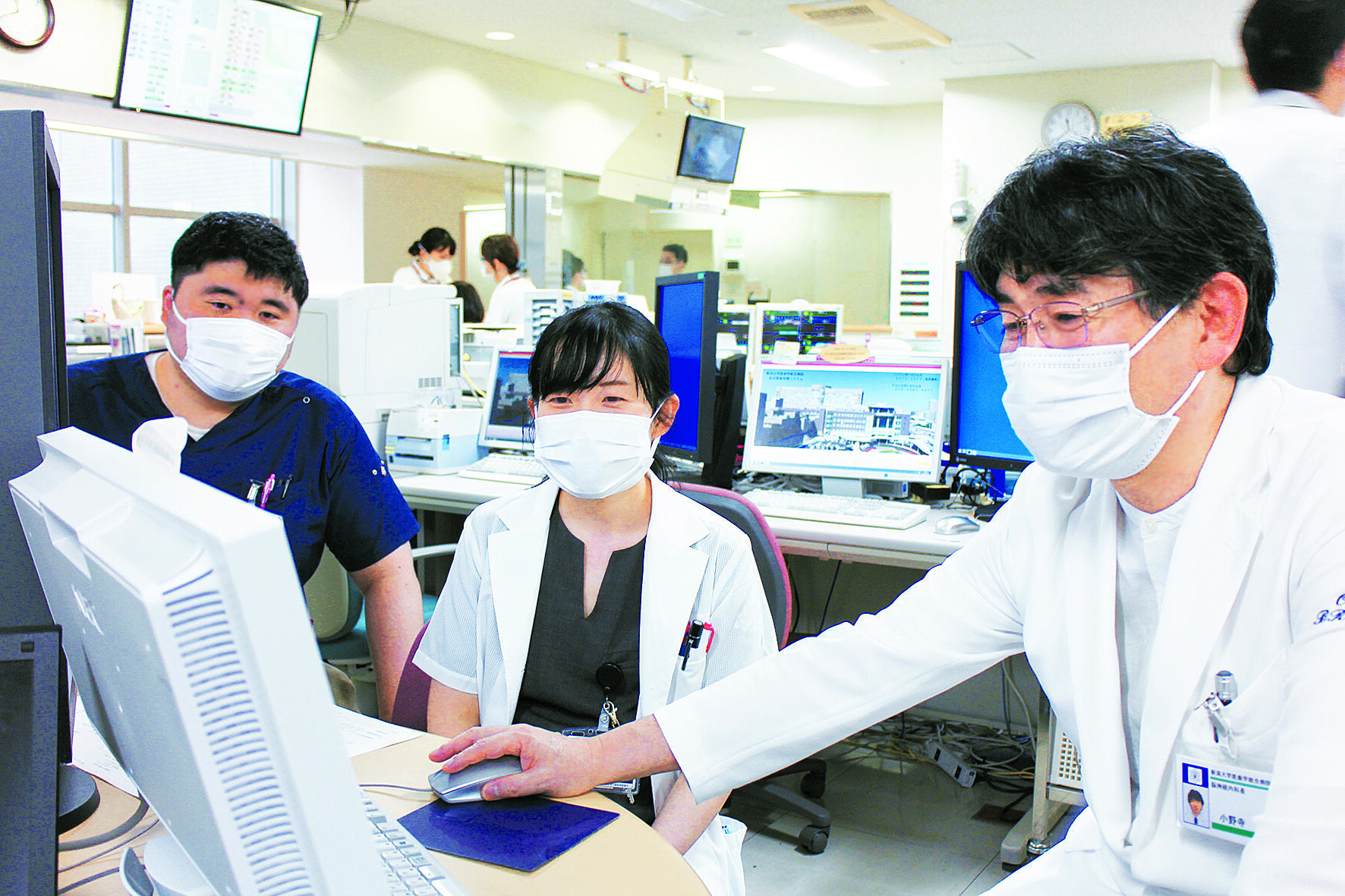
Members
Osamu ONODERA
Tomohiko ISHIHARA
Yuka MITSUHASHI
Shintaro TSUBOGUCHI
Shoichiro ANDO
Takanobu ISHIGURO
Akihiro NAKAJIMA
Hideki HAYASHI
Shingo KOIDE
Takuma YAMAGISHI
Sho KITAHARA
Research Focus
The Niigata University Brain Research Institute possesses not only a basic neuroscience branch but also a clinical neuroscience branch: Departments of Neurology and Neurosurgery. Thus, the aim of our Institute is to overcome brain diseases. We study a wide variety of brain diseases by using genetic, biochemical, cell biological, histological, and imaging approaches, in collaboration with other departments in the Institute.
In the past 50 years, we have produced favorable results of clinical and basic research. In the beginning, we revealed Niigata Minamata and SMON diseases, which are caused by toxic reagents, making us to have profound connections with society. Up to now, we established entities of novel brain diseases and elucidated their etiologies and disease mechanisms by genetic, biochemical, and histological approaches.
We have also educated a large number of neurologists. Careful observation of patients by the excellent neurologists brought us fruitful success in a new discovery. Our research is attributable to the support of patients and clinicians, and we will keep tight connection with them.
Neurologists need comprehensive knowledge of medicine and a wide range of social skills including communication, leadership, and problemsolving skills. We actively train young doctors to acquire the knowledge and skills to become a specialist in various fields from a cutting-edge basic neuroscience to practical neurology. We are professional for brain diseases and will ensure the best possible support for our patients.








